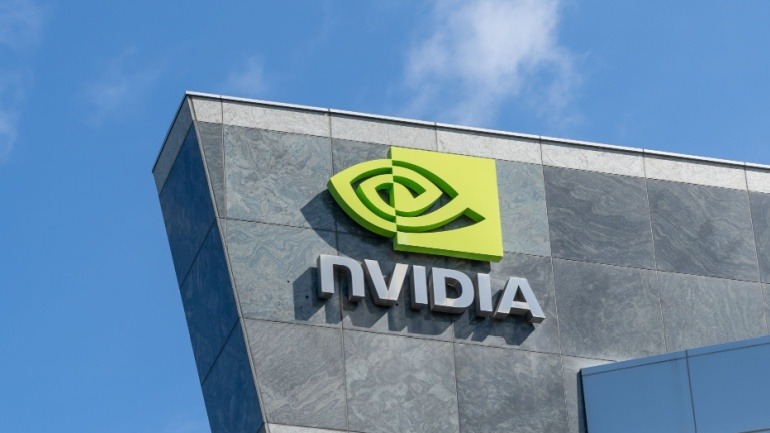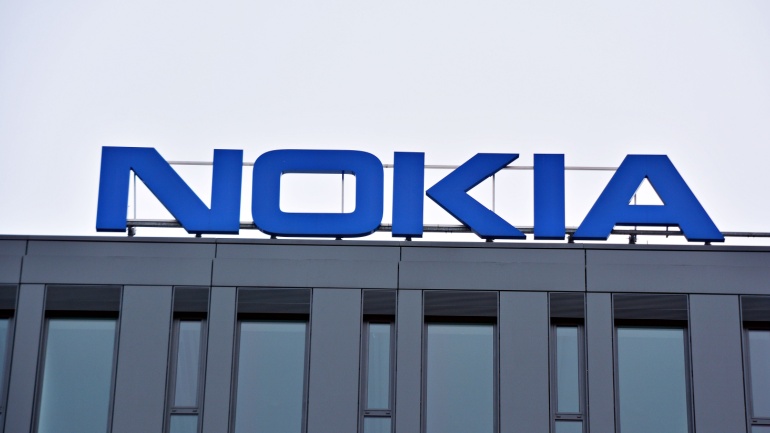The E2A transpacific subsea cable promises to revolutionize telecommunications infrastructure, linking Japan and the USA by 2028. Connecting major regions like Taiwan, South Korea, and Japan to the US, this project is backed by telecom giants Chunghwa Telecom, SoftBank, SK Broadband, and Verizon.
BT is in talks with AT&T and Orange to explore partnerships for its international operations, possibly leading to a partial sale. This move aligns with CEO Allison Kirkby’s UK-focused strategy, following BT’s recent sale of its Irish operations.
NVIDIA is revolutionizing telecoms with its AI advancements. Collaborating on large telco models and AI agents at GTC, NVIDIA aims to enhance network management. These innovations transform how data is processed, making telecom networks smarter and more efficient.
CelcomDigi and PayNet have partnered to enhance financial security through SIM-based authentication. By leveraging open network APIs, PayNet secures its DuitNow P2P service, ensuring safer transactions. This collaboration also strengthens fraud prevention via Malaysia’s National Scam Response Centre.
Orange has partnered with Telesat to provide satellite-based connectivity via the Lightspeed LEO network. As part of the deal, Orange will host a Telesat landing station in France, enhancing global connectivity. With 14 planned SpaceX launches, the network will deliver high-speed services, expanding Orange’s satellite capabilities across Europe, Africa, and beyond.
Airspan Networks strategically bolsters its position in the global 5G market by acquiring Jabil’s open RAN portfolio. This acquisition, including advanced radio development, enhances Airspan’s capabilities, making it a formidable player in the 5G public and private sectors.
Finnish digital Business Support Systems firm Qvantel has secured a major contract with Veon Group to enhance digital operations for over 130 million customers worldwide. By delivering advanced BSS and managed services to operators like Jazz and Kyivstar, Qvantel aims to accelerate Veon’s digital transformation.
Indosat Ooredoo Hutchison is leading Southeast Asia by deploying AI-RAN infrastructure in collaboration with Nokia and NVIDIA. This transformative initiative integrates Nokia’s 5G Cloud RAN solution with NVIDIA’s AI Aerial platform, revolutionizing wireless connectivity with AI-driven performance and efficiency.
Nokia’s partnership with Carrix to deploy Digital Automation Cloud (DAC) private 4G and 5G networks across US container terminals, including Jacksonville, Long Beach, Oakland, and Seattle, aims to enhance operational efficiency and digital capabilities.
Ericsson and SoftBank are advancing AI integration within Radio Access Networks (RAN). Leveraging NVIDIA’s Grace Hopper Superchip, they aim to streamline RAN functions for optimized performance.













